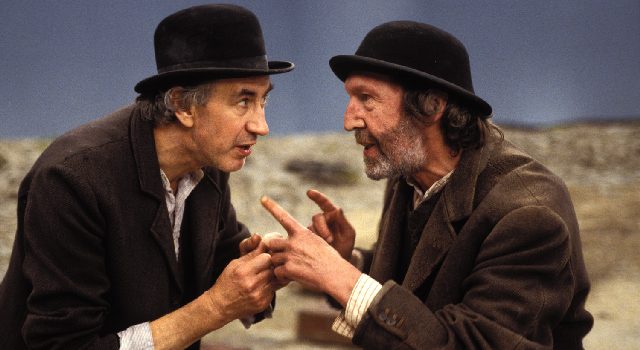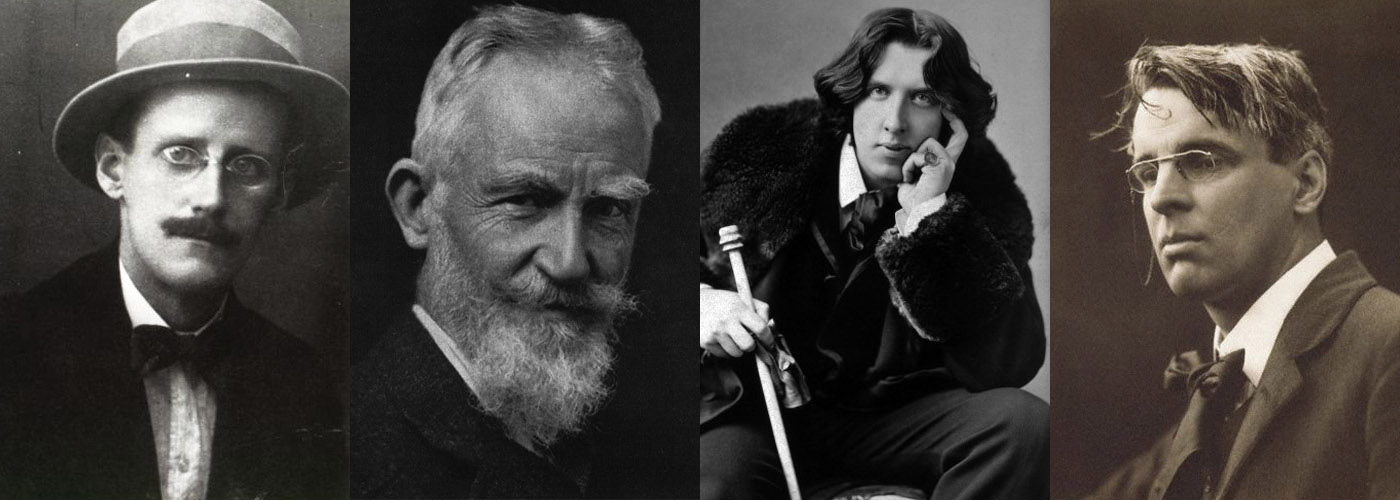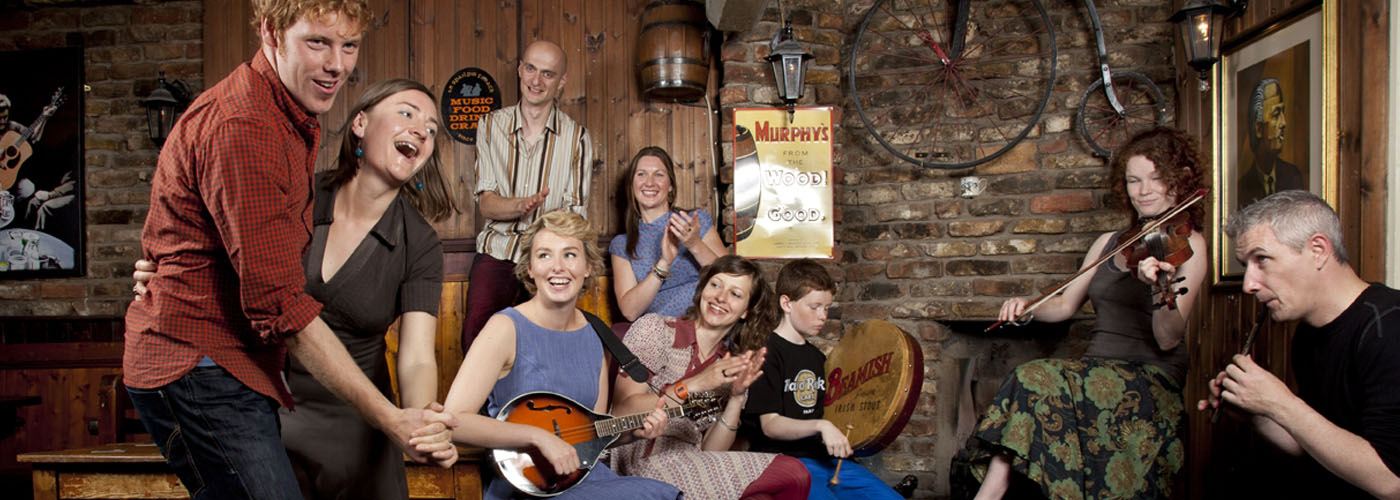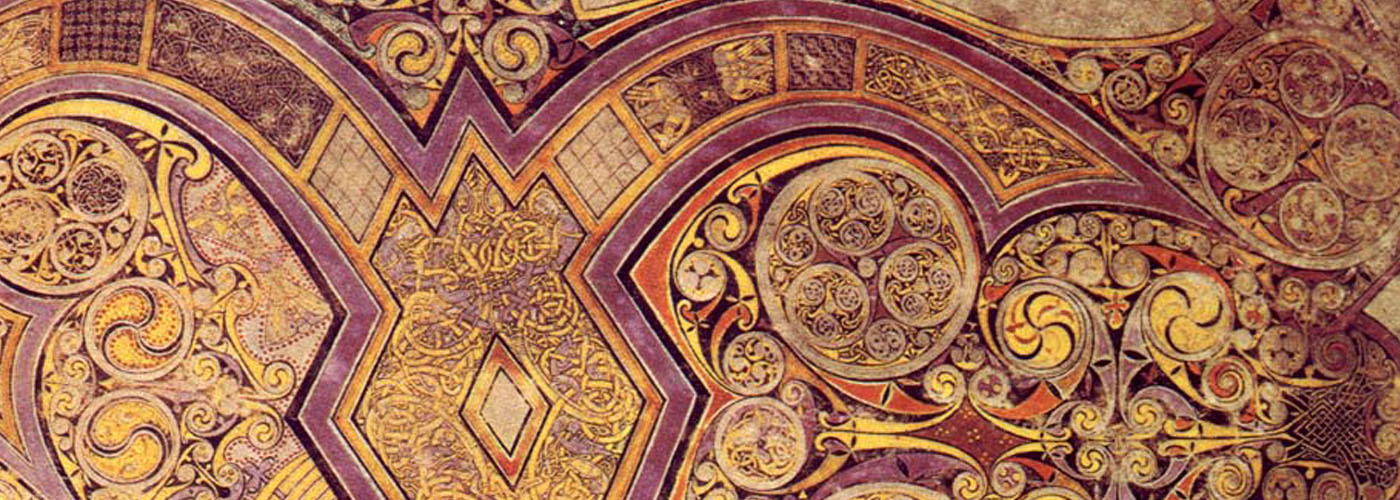“The wind on the sea bore a strange melody of an island that sings.” – Dora Sigerson

Theatre of the Absurd aims to present a view of the absurdity of the human condition. It does away with the concepts of drama, chronological plot, logical language, themes, and recognizable settings and creates a vision that is non-realistic and closely related to the world of dreams. These dreams are concerned with man’s predicament that he has no answers to the basic existential questions ‘who are we?’, ‘why are we here?’ and ‘why is there suffering?’.
Absurd drama attempts to convey feelings of bewilderment, anxiety, and wonder in the face of an inexplicable universe. The limitations of the human condition are confronted and in so doing man is woken out of an existence that has become mechanical and complacent.
Probably the most important aspect of absurdist drama is its distrust of language as a means of communication to express the essence of human experience. It tries to make people aware of the possibility of going beyond everyday speech conventions and communicate more authentically. By abandoning the straitjacket of logic and rationalist thought we can come into a greater freedom. By subverting logic we are able to open ourselves to the infinite.
The end of World War II was the catalyst that brought absurdist theatre centre stage. People were ready for something new. The trauma of living under the threat of nuclear annihilation highlighted the essential precariousness of human life and people’s understanding of existence became more complex. The experience of absurdity was integrated into the average person’s daily existence and reflections.
Theatre of the Absurd created new modes of human expression and it has made a genuine contribution to the permanent vocabulary of dramatic expression. Plays such as Beckett’s Waiting for Godot have contributed to an enlargement of human perception and opened up new areas of experience. The American playwright, Edward Albee, wrote:
For just as it is true that our response to color and form was forever altered once the impressionist painters put their minds to canvas, it is just as true that the playwrights of The Theatre of the Absurd have forever altered our response to the theatre.









